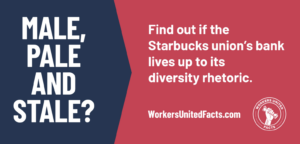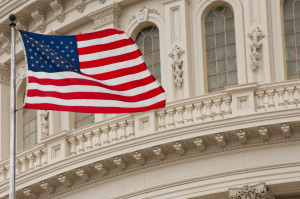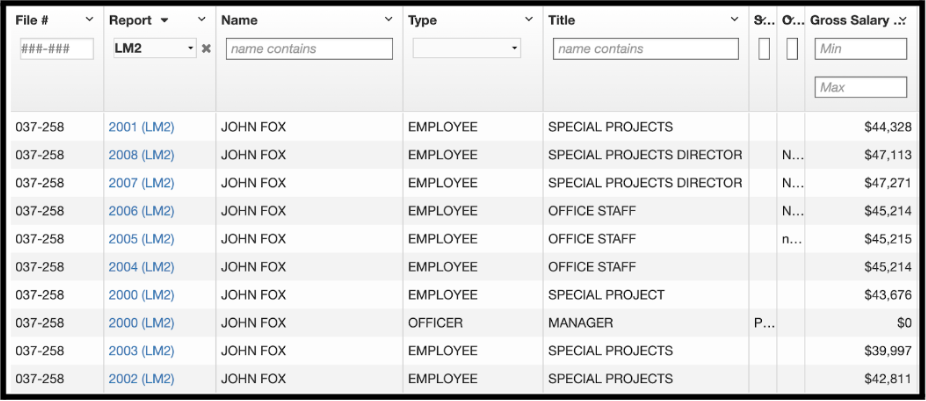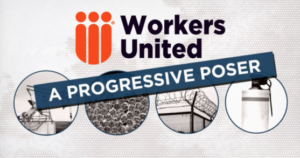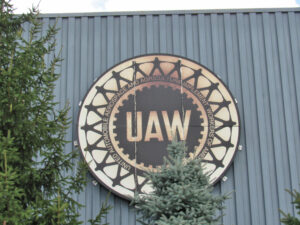Some of the country’s most influential labor unions are attempting to unionize baristas across North America. Workers United is the most-visible and prolific union, but several others–the United Steelworkers (USW), the United Food and Commercial Workers (UFCW), and the International Brotherhood of Teamsters (IBT)–have also launched campaigns to organize baristas.
If the unions in question sound like an odd fit for your neighborhood coffee houses, you’d be right.
Their strategy is simple: Appeal to the progressive ideals of younger workers to drive up their number of dues-paying members. There’s only one problem. Much like Workers United, these unions aren’t being totally honest with workers about their reputations.
Start with the Teamsters, whose historical record earned it a reputation as one of the country’s notoriously corrupt unions.
For decades, the union was controlled by the mafia, which used violence to enforce its agenda. (Former union President Jimmy Hoffa, who disappeared in 1975, is thought to have been killed by the mob.) A lawsuit under the Racketeer Influenced and Corruption Organizations (RICO) act led to a consent decree with the federal government, designed to root out mob influence in union leadership. The union was just released from over a quarter century of federal oversight in 2020.
Have things improved? Since the beginning of 2020, three Teamsters officers have pleaded guilty to various financial crimes. These crimes amounted to a combined restitution of nearly $400,000 and more than three years of prison time. The crimes range from conducting a financial crimes enterprise, receiving prohibited payments, and conspiracy to solicit and receive bribes.
Not to be outdone, the Steelworkers union was identified as one the most corrupt unions of the early 21st century by the Department of Labor, citing over 300 criminal convictions against USW officers and employees from 1998 to 2019. The Department of Labor noted that there are ten larger unions – circa 2020 – than the USW with a lower rate of corruption.
High ranking UFCW members may not be under federal oversight, but they have been subject to numerous criminal charges, including embezzlement, false statements, and wire fraud. As recently as 2023, a former UFCW president was sentenced to two years imprisonment for embezzling union funds.
If union leaders are sometimes keeping money for themselves, they don’t seem to be spreading the wealth. In 2020, UFCW Local 400 issued a statement that workers should be prepared to strike against the supermarket chain Kroger. But hidden in the details of the statement was the fact that the national headquarters of the union would only pay workers $100 a week after the first eight days of striking. By the end of 2020, the union paid nearly double for hotels ($1,003,755) than on strike benefits for workers ($574,173). While UFCW Local 400 members would have struggled financially if a strike took place, the union had nearly $90 million in on hand cash by the end of 2020.
There’s more where this came from, including thousands of unfair labor practice charges filed against these unions covering millions of employees. In the weeks ahead, we plan to profile each union in greater detail, with a close eye on their individual reputation as “progressive posers.”

